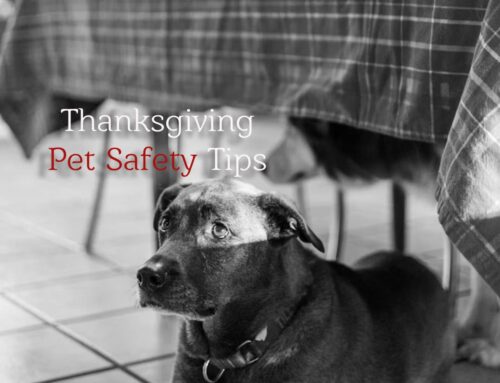When we adopt a puppy or kitten, it’s hard to imagine them getting old. But the sad fact is that our pets live shorter lives than we would like, so old age may arrive for your pet before you expect it to. Generally, cats and small dogs begin to be considered senior at age 7 while larger dog breeds may reach old age at age 5 or 6.
And just like humans, aging pets have different needs. They can still be happy and healthy for years to come, but you might need to make some changes to make their lives more comfortable.
1. Regular Check-Ups
Visiting your veterinarian regularly is important throughout your pet’s life, but it’s even more critical as your pet enters its senior years. If you’ve been going once annually, ask your vet if it’s time to start going every 6 months. This way, you can catch potential health issues early and make sure your furry friend is getting the care they need.
2. Tempting Food
Your aging pets may not have the hearty appetite they once did. But it’s very important that they get the calories and nutrition they need to stay healthy. So, you may want to consider trying new types of food or getting food toppers that will tempt your pet to eat more. Be sure to ask your vet if there are specific types of food they should be eating based on their needs.
3. Keep Them Stimulated
Help keep your pet’s mind sharp by continuing to play and provide appropriate challenges for them. Food puzzles, toys with treat receptacles, and new stimuli can help your pet stay sharp.
4. Home Modifications
As your pet gets on in years, pay close attention to their routines and be observant of daily tasks that may be getting difficult. For example, it might be harder to climb stairs or jump onto the couch. You can help by making simple changes like adding steps or ramps to the couch or moving the litter box to the main floor of the house.
5. Observe Closely
Start being a more careful observer of your pet’s appearance, behavior, and movement as they age. Some changes are normal, but the more you observe, the more likely you are to pick up on a change that could indicate a health problem. It’s smart to start with a Google search and then make an appointment with your vet to see if a change you’ve observed requires medical intervention.
6. Grooming
It can become harder for pets to groom themselves as they get older, so you may need to help by brushing or bathing them even if that’s not something you had to do before.
7. Create a Loving, Calm Environment
Your senior pet may have less energy than they used to and they might want to just cuddle and sleep more. That’s perfectly normal and you should make sure they have plenty of easily accessible and comfy places to relax, get cuddles and sleep.
It can be tough to see our beloved pets age. Even so, we have to acknowledge that their increased age means some changes have to be made to ensure they enjoy their golden years as much as they can.







